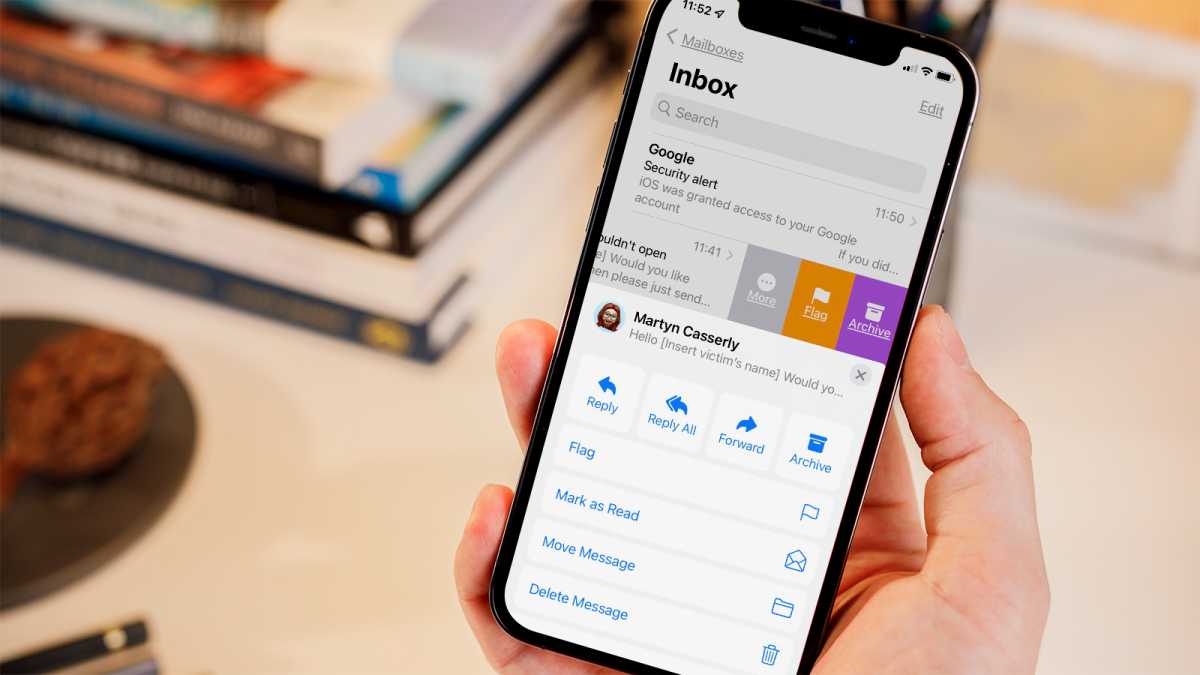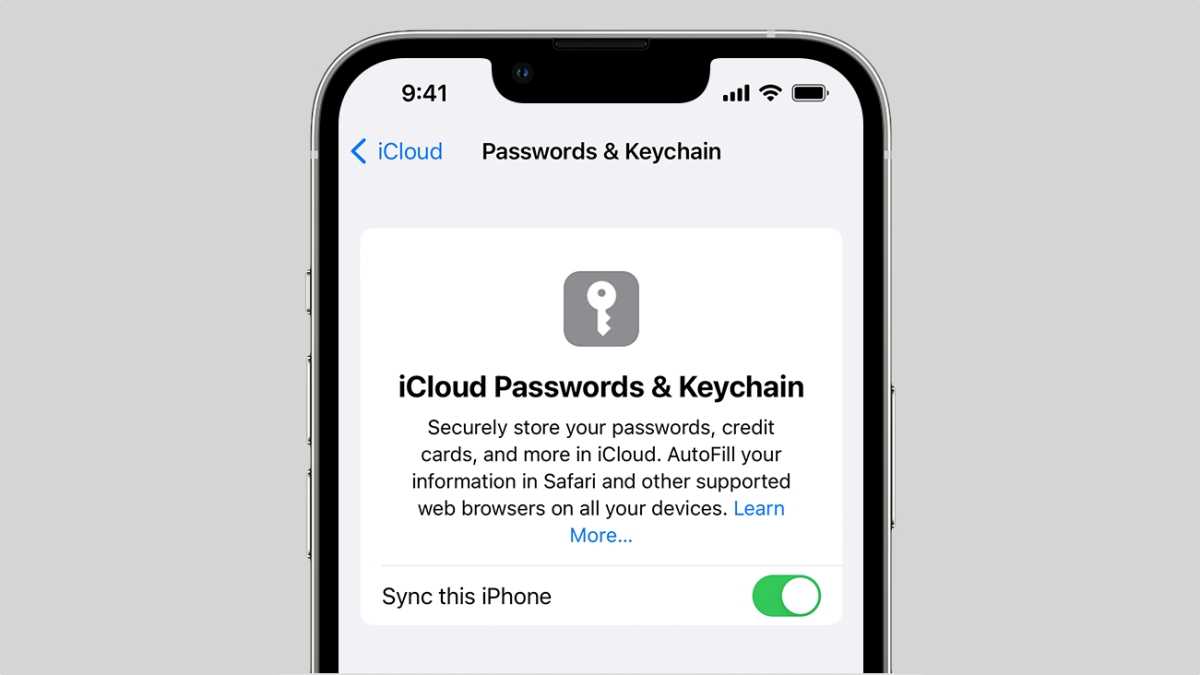Safety and privateness have been two of Apple’s major promoting factors within the fashionable period, particularly as the corporate positioned itself in opposition to rivals like Google, Meta, and Amazon, all of whom supply a wide range of free and low cost services, usually as a result of person information is the true treasure trove.
With the announcement that it is going to be rolling out Superior Knowledge Safety for iCloud within the newest updates to its software program platforms this week, Apple took one other step ahead within the realm of safety and privateness, closing loopholes that might nonetheless permit entry to your information by third events, whether or not they be malicious hackers or regulation enforcement.
However nearly as good as these protections are, there are nonetheless just a few extra locations the place the corporate may enact further safety and privateness measures to assist ensure that your information stays in your management.
Mail armor
Maybe probably the most important kind of information not lined by Apple’s newest safety measures is e-mail. In Apple’s announcement, it notes that “The one main iCloud information classes that aren’t lined are iCloud Mail, Contacts, and Calendar due to the necessity to interoperate with the worldwide e-mail, contacts, and calendar programs.”
Which is honest! There are numerous mail programs around the globe, and most of them don’t use end-to-end encryption. Apple’s personal mail providers do supply safety within the type of encryption in transit and on servers, however notably, these keys are held by Apple as an alternative of by customers.
However safe e-mail isn’t an unimaginable enchancment to make. Take, for instance, , which might be the best-known safe e-mail service. It affords end-to-end encryption, along with the power to ship password-protected emails to any recipient. (As a observe, Proton additionally affords safe calendar and make contact with providers as nicely.)

Apple may do much more to make Mail safer.
Foundry / IDG
There have lengthy been methods to encrypt e-mail and Apple’s personal mail purchasers help each encryption requirements in addition to permitting third-party add-ons (on the Mac, no less than) that allow this characteristic. However e-mail encryption has all the time been a complicated and typically convoluted course of that requires managing keys and utilizing different channels to trade delicate info together with your contacts.
This looks like a spot ripe for enchancment and user-friendliness, the type of factor Apple usually excels at, even when it solely allowed you to, say, ship encrypted e-mail to different iCloud mail accounts. The associated expertise of digital signatures would maybe be much more helpful: it may assist convey peace of thoughts in making certain that these you’re corresponding with are who they are saying they’re—a giant potential boon on this age of phishing and different email-based scams. (Apple’s new iMessage Contact Key Verification, coming subsequent yr, will permit any such characteristic for its messaging app.)
For higher or worse, a lot of the world nonetheless runs on e-mail. The corporate’s made nice strides with privateness by permitting options like Disguise My Electronic mail, however taking up e-mail encryption can be only one extra approach that Apple may make sure the privateness and safety of this key expertise.
Home keys
Among the finest safety features that Apple has applied is iCloud Keychain, which helps you to simply generate sturdy particular person passwords (and now passkeys) and retailer them. However one of many greatest frustrations with that characteristic is in these instances the place you must share passwords with different individuals.
For instance, most households in all probability have a wide range of streaming providers operating on completely different units—iPads, iPhones, Apple TVs. And most households have in all probability at one time or one other run into a difficulty the place a brand new system must be logged right into a service, or an current system has in some way gotten logged out. But when the account is tied to a single individual—and thus to the password saved of their iCloud Keychain—how is the remainder of the family speculated to get entry to it?
Sure, iCloud Keychain does help sharing through AirDrop. However since AirDrop solely works in shut proximity, you typically find yourself having to fall again to the subsequent finest resolution: copying the password out of iCloud Keychain and pasting it into an iMessage or, worse, an e-mail. This removes numerous the safety protections (and comfort) of iCloud Keychain; extra problematically, as passkeys turn into extra in style, received’t actually be an choice: a passkey is a prolonged string of characters, extra advanced than any password, that you would be able to’t actually ship through iMessage.

Apple
Constructing on the success of the remainder of its Household Sharing options and, most particularly, iCloud Shared Libraries, Apple ought to supply a approach for individuals in a household group to designate sure passwords and passkeys that will probably be shared with others. That approach not solely would everyone in a family be capable of entry these particular passwords/passkeys, however they might even be robotically synced, so when a password is modified, everyone robotically has the up to date model. I’m certain various dad and mom can be completely happy to not should reply “What’s the password?” texts from their children ever once more.
Belief however confirm
These enhancements can be nicely and good, however with a view to keep its customers’ belief, Apple additionally must proceed to stroll the stroll with regards to safety and privateness. One constructive transfer in that route is that Apple has stated the aforementioned Superior Knowledge Protections will probably be rolling out worldwide, together with in China, the place the corporate has typically struggled to navigate the native legal guidelines of the authoritarian regime whereas additionally defending its customers’ information. If ADP does certainly find yourself going into impact there, that might be a giant win for Apple’s status.
Apple also needs to be clear about all safety and privateness considerations. For instance, means that the corporate’s units proceed to ship info again to Apple even when customers opt-out. Whereas this may be a bug or a misunderstanding, it behooves Apple to obviously deal with these points in order to not tarnish its status with regards to the remainder of its safety; there’s nothing extra essential than belief: It’s simple to lose and exhausting to win again.





![What different app shops will imply for iPhones [The CultCast] What different app shops will imply for iPhones [The CultCast]](https://www.cultofmac.com/wp-content/uploads/2022/12/CultCast-573-app-store.jpg)
